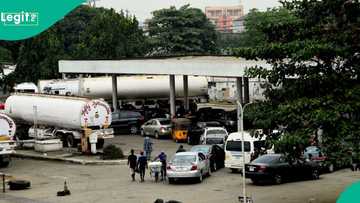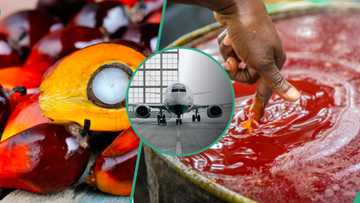Egg Price Crashes, Traders Share New Cost for a Crate
- The new price of eggs has dropped in Nigeria, with the dropping cost of maize offering relief to consumers
- Checks showed that a crate of eggs averaged between N5,499 and N6,200 across different markets in the country
- Farmers explained that the drop was due to cheaper maize and soybeans and the reduced cost of imported supplies
Legit.ng journalist Dave Ibemere has over a decade of experience in business journalism, with in-depth knowledge of the Nigerian economy, stocks, and general market trends.
There is good news for Nigerian households as egg prices dropped by 10%, reversing a year-long trend of sharp increases.
The drop in prices has been attributed to falling maize prices and greater stability in the foreign exchange market.
Traders said the changes have lowered poultry feed and production costs.
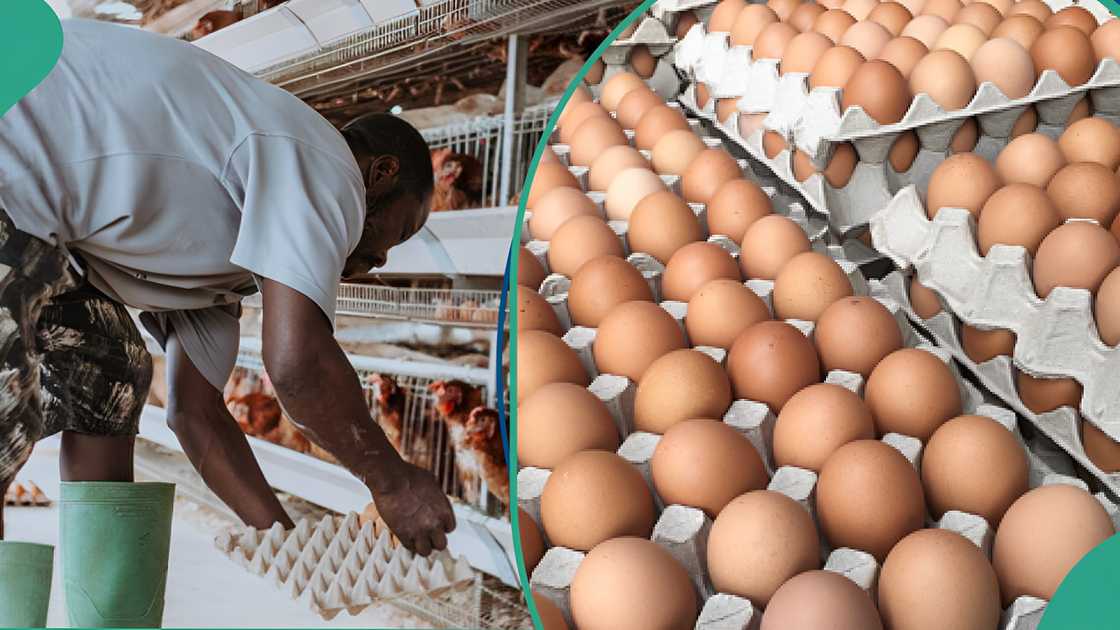
Source: Getty Images
New egg prices at markets in Nigeria
A market survey showed that in Lagos, the price of a crate of eggs fell to about N5,400 from N6,000, while in Abuja, prices fell from N6,200 to N5,800, according to MSME.
The reduction comes as the price of maize, a key poultry feed ingredient, dropped by 33%, with a metric ton now selling for N450,000 compared to N600,000 earlier this year.
Speaking on the changes, President of the Poultry Association of Nigeria, Sunday Ezeobiora, said the decline in the prices of maize and soybeans had allowed producers to reduce egg prices.
Ezeobiora told reporters:
“With maize and soybeans becoming more affordable we had to adjust our egg prices. We also want people to be able to afford them because the economy is everyone.”
He added that a more stable naira has also reduced the cost of importing essential inputs like vaccines and supplements, BusinessDay reports.
New egg prices at farms in Nigeria
At the farm level, prices have fallen even further.
Ezeobiora noted that farm gate prices had dropped from N5,500 to about N4,800 per crate, though middlemen continue to inflate prices before eggs reach consumers.
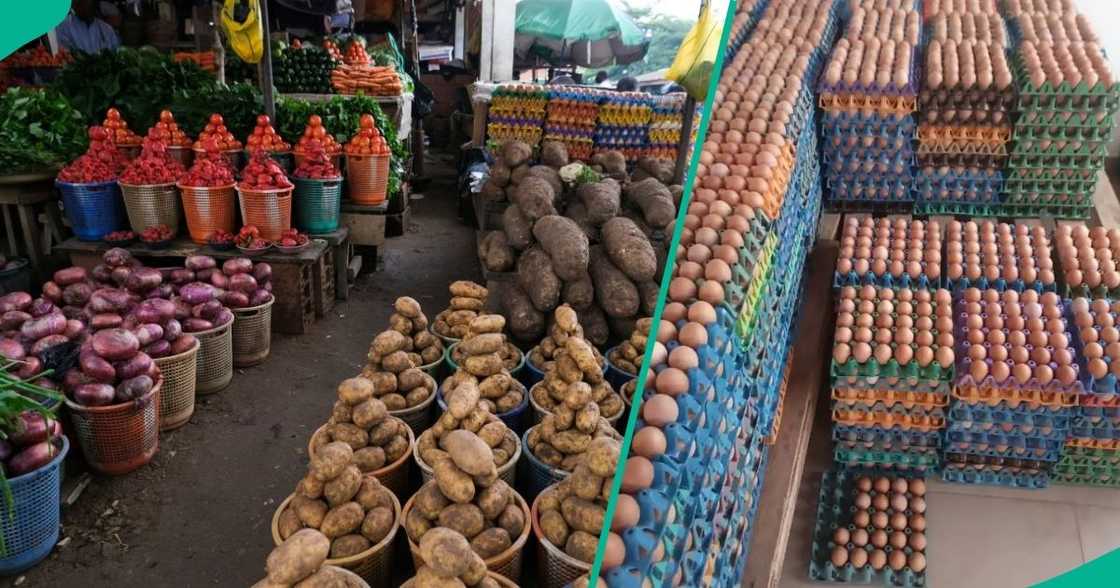
Source: Getty Images
Olalekan Oluwafemi, Director at Popoola Farm Project in Lagos, said feed costs remained the biggest factor in poultry pricing.
He said.
“Feed is the biggest determinant of pricing in the poultry value chain. While maize is not the only ingredient it’s one of the most significant. So any change in maize price will affect egg and poultry prices."
A trader at Ikotun market, Olawale Adekunle, also confirmed the new prices to Legit.ng, saying:
"Yes, since last week I have reduced my price for a crate of eggs. Previously, I sold a crate at N6,100; now my price is at N5,500. But, for now, a single egg remains at N250."
Despite the reported fall, there is still a lot of work to be done. In the last two years, the price of eggs has skyrocketed.
A single egg, which cost around N100 in 2023, increased to N150 later that year and reached N200 in early 2024.
Why egg prices are increasing
For many families, eggs are a reliable meat alternative due to their lower cost. They also support small-scale poultry farming, providing income for rural and urban households.
Egg prices in Nigeria have increased due to a combination of factors affecting production and supply.
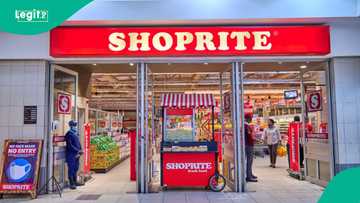
Read also
Shoprite announces sale of businessin Ghana, Malawi as inflation, FX plagues Nigerian operation
According to Tobi Olatunji, a Lagos-based farmer, one of the major reasons is the rising cost of poultry feed, which accounts for a significant portion of the expenses in egg production.
He said:
"The prices of key feed ingredients like maize and soybeans have surged due to inflation, insecurity in farming regions, and competition from other industries. In addition, the high cost of fuel and transportation has made it more expensive to move eggs from farms to markets."
Olatunji also noted that power supply challenges and the naira's depreciation have also increased operational costs for poultry farmers.
He said:
"Outbreaks of poultry diseases, such as bird flu, have led to the culling of birds and reduced egg supply. The naira’s depreciation has further worsened the situation, making imported inputs more expensive. Many small-scale farmers have exited the business due to unsustainable costs, creating a supply gap."
He added that as the demand remains steady, these supply-side pressures continue to push egg prices upward across the country.
Food inflation in Nigeria
Earlier, Legit.ng reported that the Nigerian National Bureau of Statistics had unveiled the latest food inflation rates.
The NBS data disclosed that headline inflation dropped to 22.22%, showing a modest decline in June, relative to 22.97% recorded in May 2025.
The latest data showed that regions like Borno had the highest inflation rates, due to security troubles in the area.
This article has been updated by the head of business desk, Victor Enengedi, with additional information.
Proofreading by Bruce Douglas, copy editor at Legit.ng.
Source: Legit.ng

